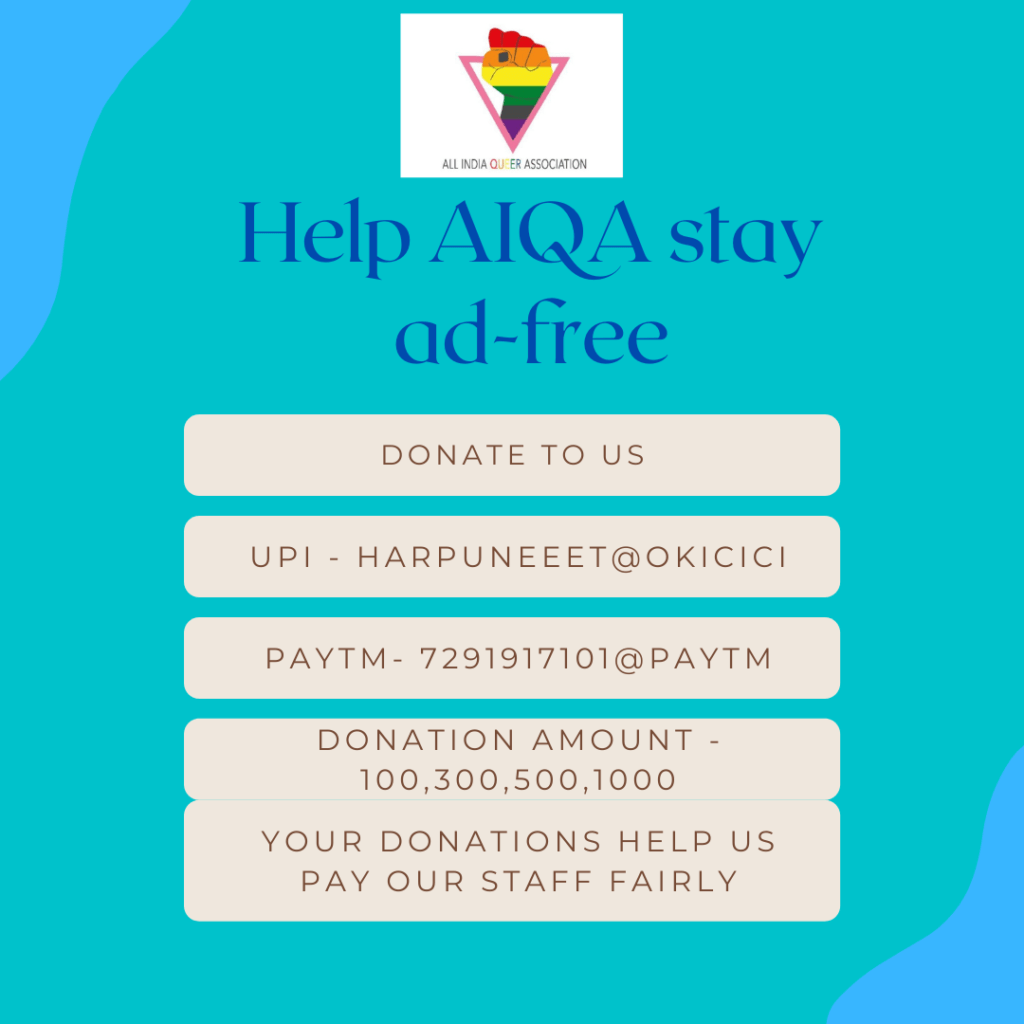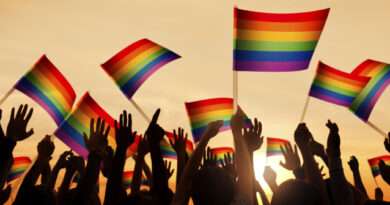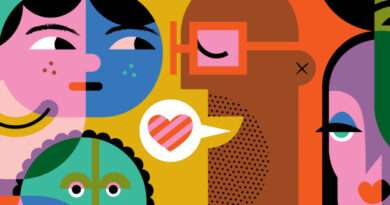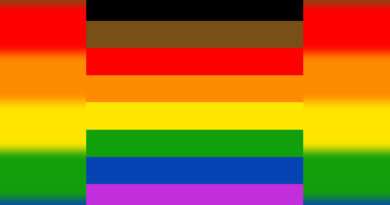ABLEISM – A Privilege by Vikram Maruvada
We have to acknowledge the hard truths – India is not a country for disabled people. Heck, it’s not a country even for able-bodied persons without ‘certain’ privileges. This statement is not a reflection of my extreme cynicism but the truth is out there for you to see. At how many places do we make the extra attempt to make people with disabilities welcome? Disability is a single word but in reality, is a spectrum ranging in severity and the type of disability involved. Traditionalists will argue that the structure of the society and family in India is created in a unique way rooted in close-knit families specifically to take care of those with disabilities. Partly this might be true, but the truth behind it is the structure exists to just help them survive not to live their lives. There is an ocean of difference between those two words. However, as the structure of joint families is falling apart for whatever reasons, the safety net for disabled people is also disappearing fast. To sum it up – their survival is at risk and I am not even talking about their life and independence. I have attended a medical conference where a senior Neurosurgeon said – quadriplegia is a death sentence and I have not seen any of those patients return to me for one year follow up because invariable everyone died. This is not just a representation of the pessimism in the medical community regarding this specific condition but it is also the reflection of the truth. To state it simply – our country is not prepared to cater to the needs of disabled people. That is a good starting point to commence our work don’t you think? Responsibility is of two types – that of the community and that of the individual. Having addressed the community responsibility ( or the lack of it) now let’s start taking the blame because we are also equally culpable in the perpetuation of the situation. Instead of vague generalization, I will switch my narrative to the first-person point of view here. I did not realize the privilege of my able body despite working in the medical field for a long time. That’s the beauty of it – the privileged do not know of their privilege and might even deny the existence of it. Examples of all sorts are abounding us. You can even say I have become callous enough to not think beyond the discharge of the patient. Therein lies the fault of the medical education and infrastructure of the country. Treatment does not include rehabilitation of the patient into the community. Rehabilitation is almost a luxury that only a few can afford. And even for those who can afford the world is not built to accommodate them. I am equally to blame because I didn’t think of it. How many temples have a ramp for disabled people to view the god for those who are religious or does religion discriminate against them too among a range of other things? How many movies have translators for hearing impaired persons? How many books are being translated into braille and I am just scratching the surface here.
The counterargument will be that they are very few – we can’t build the world around them. The statement shows our lack of sensitivity. And we are queer people should know how it feels to live in the fringes of the society when the society is a well-oiled system running to keep alive heteronormativity and patriarchy and in consequence erase our existence completely. Who knows it better than us to be ignored for centuries and our histories discarded and our lives rendered invisible in the grand scheme of things because we constitute just a minority. So it makes perfect sense for us to co-opt the cause and fight for it because after all, they are one of us, not some alien ‘those people.
Fixating on the blame game is not a solution. What is? Awareness and acknowledgment of the privilege is the first step. As Roxanne Gay says in her book bad feminist we don’t have to vacillate to the extreme and feel guilty of the privileges we have. It is an unfair world, we learned that lesson long ago. But that should not help us exonerate ourselves from the blame too and view it as somebody else’s problem. The second step is to take action to even the field. Making our meetings and eventually, the world at large inclusive for people with disabilities along the spectrum starts at home. It might take a little extra effort but we are not doing anyone any favor, we are doing our duty, thats all.
Just think why isn’t sign language a part of the educational curriculum? It’s not too much to ask or is it? Actions are preceded by thoughts and thoughts would arise only when there is awareness of the problem. So I implore upon you to think because history stands evidence to the fact that a thought is sometimes enough to change the world. We don’t always have to wait for someone disabled to voice their displeasure to spur ourselves to action, proactiveness will make them feel welcome and create a better world than what we currently live in.
Author bio – Vikram is a non-binary queer person working in the medical field and more often than not they are bored to death or buried in a pile of books that they can’t make head or tail of, but they wouldn’t give up reading because they consider it their lifeline. So if you ask them, they would like to be called a professional reader but between us – they are far from it. And also they are still figuring out their pronouns so you can address them whatever you want.




